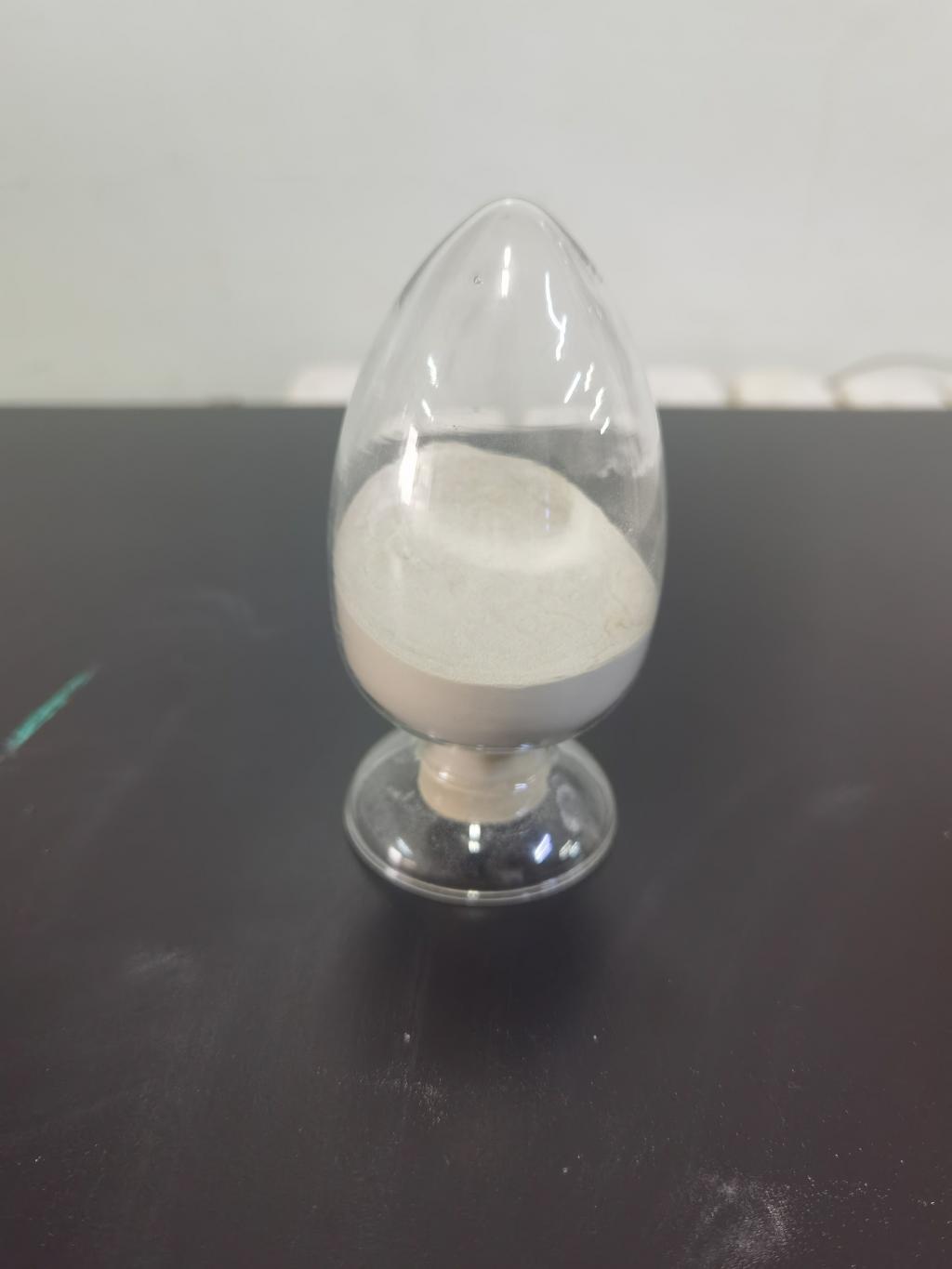Tel:+8618231198596

News
 CONTACT
CONTACT
 CONTACT
CONTACT
- Linkman:Linda Yao
- Tel: +8618231198596
- Email:linda.yao@dcpharma.cn
- Linkman:CHARLES.WANG
- Department:Overseas
- Tel: 0086 0311-85537378 0086 0311-85539701
News
What are the benefits of using Nisin in food preservation?
TIME:2023-04-07
What is Nisin?
Nisin is a polypeptide produced by the bacterium Lactococcus lactis. It is a member of the class of antimicrobial peptides, which are small proteins that are toxic to a wide range of microorganisms, including bacteria, fungi, and viruses. Nisin is particularly effective against Gram-positive bacteria, such as Listeria monocytogenes, Staphylococcus aureus, and Bacillus cereus, which are commonly found in food and can cause foodborne illness.
Benefits of Using Nisin in Food Preservation
Natural and Safe
Nisin is a natural antimicrobial peptide that is produced by a bacterium commonly found in dairy products. It has been shown to be safe for human consumption and has been approved as a food preservative in many countries around the world, including the United States, Canada, Japan, and the European Union.
Effective Against a Wide Range of Microorganisms
Nisin has been shown to be effective against a wide range of microorganisms, including bacteria, fungi, and viruses. It is particularly effective against Gram-positive bacteria, such as Listeria monocytogenes, which is a common cause of foodborne illness.
Extended Shelf-Life
Nisin has been shown to extend the shelf-life of a variety of foods, including dairy products, meat, poultry, and seafood. It inhibits the growth of spoilage bacteria and can prevent the growth of pathogenic bacteria, which can cause foodborne illness.
Minimal Impact on Food Quality
Nisin has been shown to have minimal impact on the sensory qualities of food, such as taste, texture, and color. This makes it an attractive option for food manufacturers who want to extend the shelf-life of their products without compromising their quality.
Cost-Effective
Nisin is a cost-effective option for food manufacturers because it requires relatively small amounts to be effective. It can be added to food products in small concentrations and has been shown to be effective at concentrations as low as 2.5 ppm.
Potential Applications of Nisin in Food Preservation
Dairy Products
Nisin has been approved for use in a variety of dairy products, including cheese, yogurt, and sour cream. It has been shown to be effective at inhibiting the growth of spoilage bacteria and can extend the shelf-life of these products.
Meat and Poultry
Nisin has been shown to be effective at inhibiting the growth of pathogenic bacteria in meat and poultry products, such as Listeria monocytogenes and Salmonella. It can be added to these products as a topical treatment or injected into the meat during processing.
Seafood
Nisin has been shown to be effective at inhibiting the growth of spoilage bacteria and pathogenic bacteria in seafood products, such as shrimp and crab. It can be added to these products as a dip or spray during processing.
Plant-Based Foods
Nisin has potential applications in plant-based foods, such as soy products and vegetable-based meats. These products are often susceptible to spoilage and can benefit from the addition of a natural preservative like nisin.
Conclusion
Nisin is a natural and safe antimicrobial peptide that has been approved for use as a food preservative in many countries around the world. It is effective against a wide range of microorganisms and has been shown to extend the shelf-life of many food products, while having minimal impact on their sensory qualities. It is also cost-effective and has potential applications in a variety of food products, including dairy, meat, poultry, seafood, and plant-based foods. The use of nisin in food preservation offers an opportunity for food manufacturers to extend the shelf-life of their products in a natural and safe way, while also reducing food waste and the risk of foodborne illness. As research on nisin continues, it may become an even more widely used and versatile tool for food preservation in the years to come.
- Tel:+8618231198596
- Whatsapp:18231198596
- Chat With Skype







